“Even the smallest person can change the course of the future,” is a line that I absolutely love from The Lord of the Rings movies. It’s inspirational because it makes us feel like our actions really do matter and that we always have a purpose in life (even if we’re not always aware of it). However, this is a double-edged sword and works both ways: tiny events have the potential to change things for the better or to create a chain reaction that causes a catastrophe.
The Bored Panda team has collected a list of internet users’ opinions about the biggest butterfly effects in history. From who accidentally caused the First World War to theories about what caused the fall of the Berlin Wall, Brexit, the rise of Lego, and beyond. Check out the most intriguing theories below and upvote the ones that you enjoyed the most. We also can’t wait to hear what you think of them. Got any butterfly effect theories yourselves, dear Pandas? Be sure to share your hypothetical scenarios in the comments.
TikTok video content creator and photographer Haythamj, from London, shared with Bored Panda his takes on historical butterfly effects. The teenager is a huge fan of these butterfly (aka domino) effects and has previously gone viral for his videos about them. Check out our interview with him below, Pandas.
#1
Ole Kirk Christiansen was a carpenter in Denmark who was struggling to make ends meet during the Great Depression. After his wife died, he was trying to take care of his kids by himself and they loved this duck toy that he made. He started to manufacture the ducks in a factory, but the factory burned down because his kids were playing with fire and wood shavings. He was basically destitute for a while, but continued making little models of houses, vehicles, and small toys. After a while, they grew in popularity, and Christiansen decided to move on to making them in plastic instead.And now we have Lego.

Image credits: violentlyout
#2
A German bureaucrat messing up on live TV led to the Berlin Wall falling.This East German guy, Gunter Schabowski, was set to announce new travel being allowed outside of East Germany- in a few days from the announcement, and one had to wait days to get and have the special travel visa authorized. He was to announce on live government TV.
He was rushed and tired, going to the press conference, and had not read the official government press release before coming on live TV. An aide just handed him the paper, which he read on camera.
But, like I said, he was unprepared, tired, and rushed. So he read the first part of the release, which said "the government now authorizes travel freedom" on live TV. A reporter then asked "so when does this take effect?" He had not had the chance to read about the travel limits and visa requirements yet, and had had a long day. So instead of taking several live minutes to read the whole thing, Schabowski just mumbled "as far as I know...right away."
This led to thousands of East Germans massing at the Wall and border checkpoints. People got angrier and angrier as they were refused passage. Finally, to avoid a riot or getting hurt themselves, one guard let some people on through. This led to a chain reaction...and so bye-bye, Berlin Wall.
TL;DR: Tired, unprepared East German bureaucrat misreads press release relating to travel permissions on live TV, leads to Berlin Wall falling.
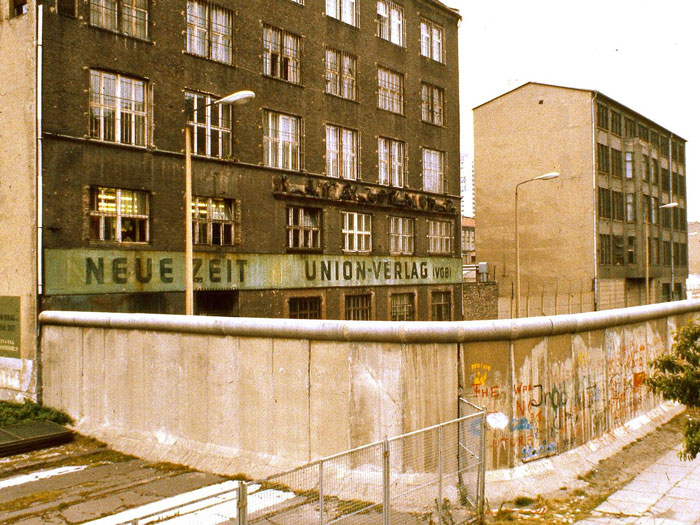
Image credits: lawlifelgbt
#3
The role that this beautiful, virtually unknown and completely innocent woman would have in putting into motion the two World Wars of the 20th century.This is Sophie Chotek. Duchess of Hohenberg.
And I bet that virtually none of you has ever heard of her.
She was the woman that the Archduke Franz Ferdinand of Austria, heir to the Austro-Hungarian empire, fell in love with and then married.
So what?
She wasn’t royalty. A mere Duchess.
Which meant that in the unbelievably snobbish norms of the day, even the future monarch of the Austro-Hungarian Empire, could not have her, his own wife, accompany him in official royal ceremonies. And he hated that. Can you blame him?
The Archduke was an autocrat, but he had one redeeming quality— he loved his wife deeply.
There was but one exception to that stupid rule. Which is that she could be by his side in public while he was acting in his military capacity as Inspector-General of the Austro-Hungarian Army.
Which was the main reason why the Archduke decided to go inspect the army in Bosnia (an entirely unnecessary and optional choice), so that his wife could ride by his side in public.
And he rode quite foolishly in an open car so that everyone could see the two of them together.
And he then got assassinated by a Serbian nationalist, Gavrilo Princip who literally ran up to the open-top car and shot both of them at point blank range, killing them instantly.
Austria demanded an unconditional apology from Serbia and was determined to humiliate her.
Serbia considered the assassination to be awful, but had no real official hand in it. So she refused to apologize.
Austria then declared war on Serbia.
Russia as Serbia’s biggest ally, then declared war on Austria.
Germany then as Austria’s ally declared war on Russia.
France and Great Britain then as Russia’s allies declared war on Germany.
It is imperative to note here that except for Austria declaring war on tiny Serbia (which she never imagined would spiral completely out of hand in such spectacular fashion!)…
All of these other declarations of war between these nations weren't “choices” — they were bound by security treaties to come to the rescue of each other in the event of an aggression against their allies.
Great Britain, France and Russia on the one hand as the Triple Entente, Germany and Austria-Hungary on the other as the Central Powers.
Talk about a chain reaction!
And then ladies and gentlemen, you had World War 1.
Followed by the collapse of the German economy. (No, the Treaty of Versailles was not as punitive as people think.)
The collapse of the German economy brought that lovely SOB, Adolf Hitler to power.
And the rest as they say, is history.
Arguably one of the greatest instances of the “butterfly effect” in all of history. Try topping that.
And it all started with the marriage of an emperor to a relative commoner.
For the sake of love.
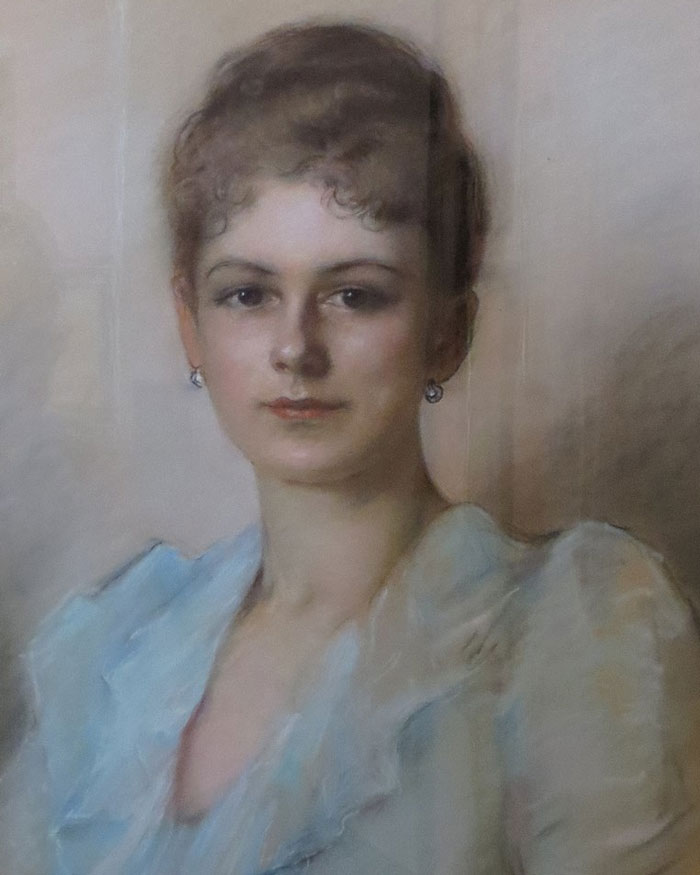
Image credits: Allen Lobo
#4
On the night of September 26, 1983, the Soviet orbital missile early warning system (SPRN), code-named Oko, reported a single intercontinental ballistic missile launch from the territory of the United States.[27] Lieutenant Colonel Stanislav Petrov, who was on duty during the incident, correctly dismissed the warning as a computer error when ground early warning radars did not detect any launches. Part of his reasoning was that the system was new and known to have malfunctioned previously; also, a full-scale nuclear attack from the United States would involve thousands of simultaneous launches, not a single missile.Later, the system reported four more ICBM launches headed to the Soviet Union, but Petrov again dismissed the reports as false. The investigation that followed revealed that the system indeed malfunctioned and false alarms were caused by a rare alignment of sunlight on high-altitude clouds underneath the satellites' orbits.
And thus we are all now living in a world not destroyed by nuclear war.

Image credits: golgol12
#5
A guy left his lab for a month. He came back and found mold growing in a Petri dish and decided to keep it rather than throw it out.The man? Alexander Fleming. The mold? Penicillum, which produces penicillin; among the most important drugs ever discovered. If he'd just thrown out the contaminated culture, who knows where we'd be in terms of medicine?
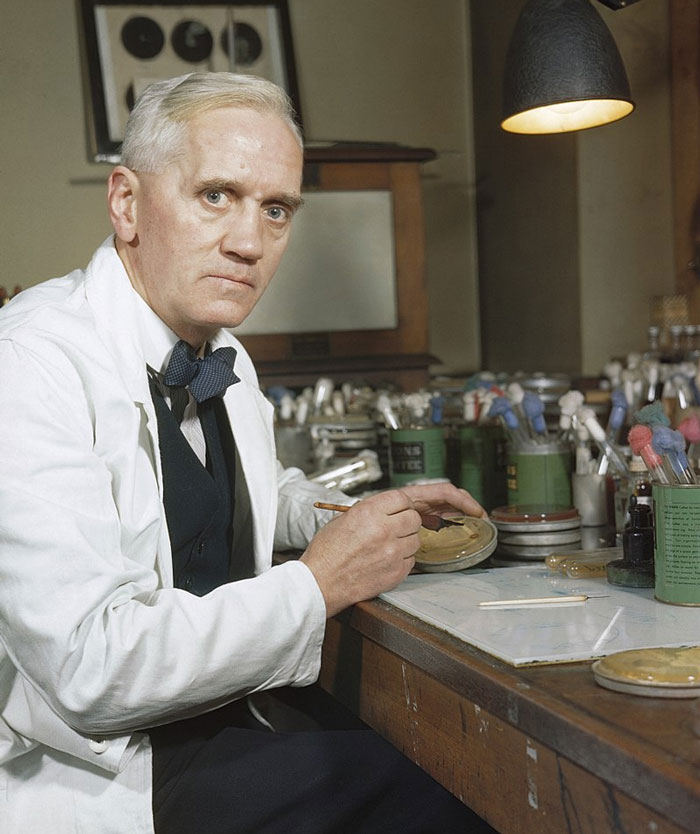
Image credits: Draconic_shaman
#6
Invention of the printing press lead to very fine type that people often found they could not read without the aid of glasses. Increased glass productions meant a rise in quality and a drop in price. As a result telescopes and microscopes also became better quality and more accessible. This lead to people like Isaac Newton or Gregor Mendel making new discoveries in the sciences eventually leading to the enlightenment period.
Image credits: Kartinian
#7
A little Cuban boy being rescued at sea on his way to Florida created the world we now live in. In 1999, Elian Gonzalez was picked up by a fisherman, floating in the ocean after the boat he and his mother were on sank. His mother died, but he survived and was taken to Miami where he had relatives. His father still lived in Cuba, and obviously he wanted the boy back. There was a long custody battle between the Miami relatives and the boys father, in which the Clinton administration backed sending him back to Cuba. In April of 2000, federal agents stormed the home the boy was staying in and took him into custody, and returned him to Cuba.There was absolute outrage from the Cuban-American population in Miami. This all took place in an election year in which Clinton's Vice President was running for President. The Cuban-American voters did not forget what happened when they went to the polls that November. George W. Bush won the state by 500 votes.
If that whole saga had not taken place, Al Gore most certainly would have been able to get at least 500 more votes among the Cuban-American voters. And had he become president instead of Bush, there is really no way to calculate just how different the world of today would be.

Image credits: i-am-sancho
#8
The reason French Classic cuisine dominates is because they were the first ones to get wide spread fancy restaurants.This happened because they overthrew their nobility and all these out of work private cooks decided to make their own restaurants. By the time everyone else caught up all the masters were french and then taught everyone else french classical cuisine.

Image credits: Azurepriest
#9
King Henry VIII, introducer of state protestantism, serial divorcee, dissolver of the monasteries and father of Queen Elizabeth I, herself a hugely influential monarch, was not supposed to be king.Henry was the 'spare' and his elder brother Arthur was heir to Henry VII's throne.
Had Arthur not died of a mystery illness - which nearly also killed Catherine of Aragon - Henry would have occupied a place in history similar to other second sons. Compare the current Prince Harry and whatever his role will be presuming William accedes to the throne.
Britain would have likely remained Catholic, very much a European country. Relations with Ireland and the continent would have played very differently, and it's very likely America as we know it would be entirely different as a result.
Not to mention that since Catherine of Aragon was first married to Arthur, she would not wed Henry, and so Queen Mary would have never existed.
Henry wouldn't have married Anne Boleyn, as it is unlikely that he would have been divorced and on the rebound looking for a new queen. Anne was also intending to marry another, and Wolsey wouldn't have had any need to step in to stop it. Elizabeth I is thus not born.
English history pivots on Arthur's death. Who knows what the world would be like if he hadn't died.
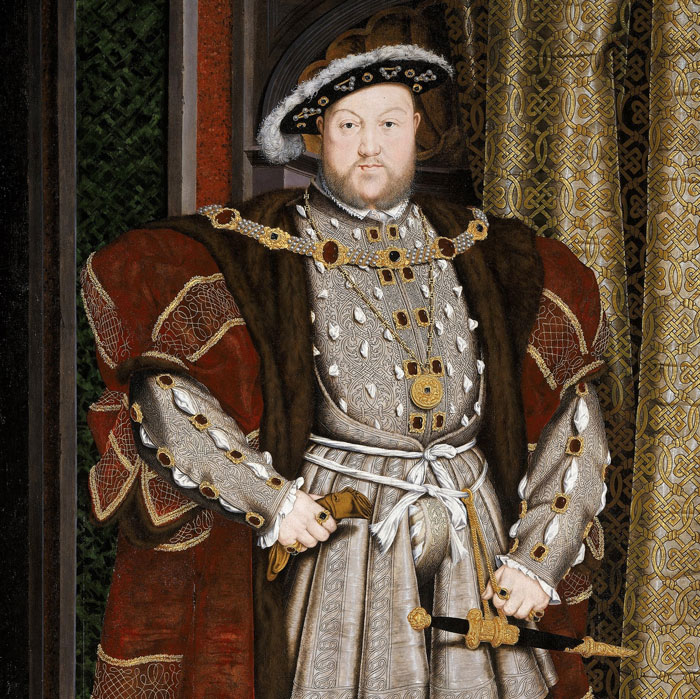
Image credits: palordrolap
#10
Isaac Newton caused the rise of communism in China.In the later years of his life, Isaac Newton was promoted to "the master of the Royal Mint". This was suppose to be a ceremonial position, but Newton took the job seriously. One of the biggest changes he set about was altering Britain's silver standard. He put a fixed exchange rate on Gold and Silver within the country, and that exchange rate made silver worth less than it's metal value on the open market. So, Gold became the defacto reserve currency of Britain itself while silver was used extensively as an export in trade.
Fast forward about a century, and Britain is still using a version of Isaac Newton's exchange rate, so silver still is effectively the trade metal of the mighty British Empire. Britain's Empire starts to extensively trade with China, particularly for Chinese tea. The English were positively addicted to Chinese tea. Ten percent of the government's revenue at that time
However, the Chinese would only accept one good, silver. The Chinese Emperor refused to accept ANY other trade good except silver. So all of Britain's silver reserves were flowing East to China. Eventually, however, the British found a good the Chinese would accept, Opium. They grew Opium in India, let the smugglers take it to China, and get their precious silver back.
This led to the Opium wars. China lost BADLY, and was forced to sign horribly one sided treaties with the West. The nation was a shadow of a it's former glory, split along political and ethnic tensions that had been previously suppressed by the strong central government.
The Chinese empire fell in 1912, replaced by a Republic. This Republic... was not very democratic, to say the least. This eventually dragged China back into civil war, which made it weak enough to be invaded by Japan.
While the Japanese were driven back, China was still in political/economic ruin. Mao was able to seize control of the Chinese Mainland and founded the People's Republic of China.
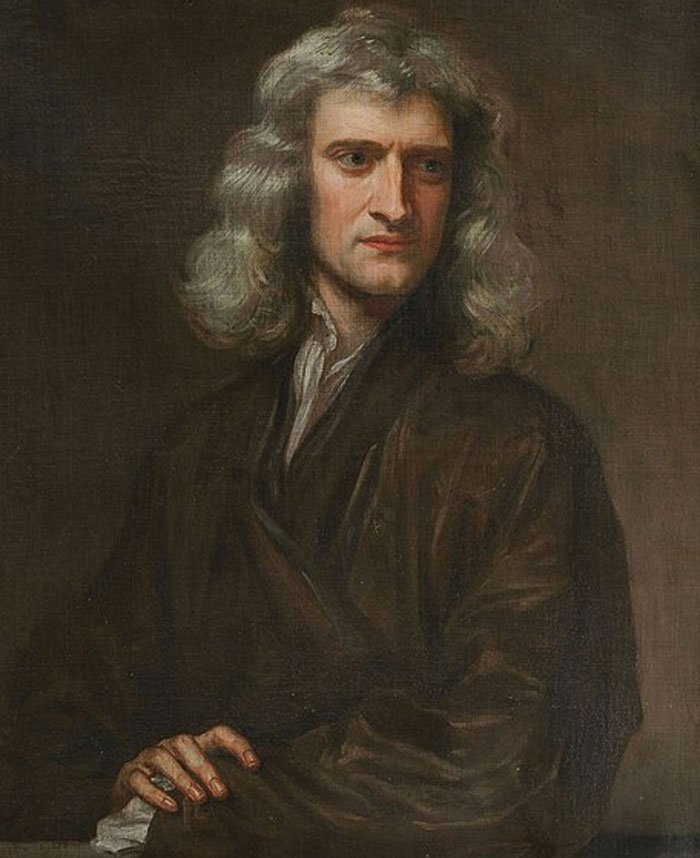
Image credits: notbobby125
#11
A virus caused world War 2:Woodrow Wilson was sick with the epic flu of 1918 during the negotiation process for the treaty of Versailles after the first world War. He would have pushed for less punitive provisions on Germany but he was largely absent from the process due to his illness. Instead the treaty imposed incredibly destructive restrictions on Germany, leading to a collapsed economy, resentment, and a nation clamoring for a strong leader to make things right again in Germany. Enter Hitler stage right.

Image credits: Amdinga
#12
When Japan and Germany finally lost World War 2 they had tons of manufacturing ability, yet were banned from building a military for however long. They looked at Detroit's success in the auto industry and approached the market each in their own way. To this day we have luxury and economy cars from across two different oceans competing with our domestic vehicles because they lost the war.
Image credits: icepck
#13
Science historian James Burke's brilliant 10-part BBC TV series Connections is composed of dozens of examples of this phenomenon.It primarily explores the surprising checker-jumps that occur within science and technology itself, but it also frequently touches on the unexpected, often profound political and social consequences of someone, somewhere, discovering or inventing something that at first sight seems inconsequential.
For example, the second episode begins with the bronze age discovery that sheepskins could be used to collect the tiny specks of gold suspended in the Turkish rivers of Pactolus and Hermus (the "Golden Fleece"), and traces a direct line from that insight, to the dropping of the bombs that exploded over Hiroshima and Nagasaki in 1945.
It's a highly watchable and entertaining series, available on Amazon and (I think) YouTube. Highly recommended to people who want to learn of some practical examples of the Butterfly Effect.
The series was also condensed into a well-illustrated companion book that makes for fascinating bedtime reading. No longer in print, but readily available both online and in many community libraries.
Burke went on to produce The Day the Universe Changed (a little more linear), then Connections 2 and Connections 3, which continued to explore the surprisingly profound and seemingly far-flung effects of small changes and discoveries.
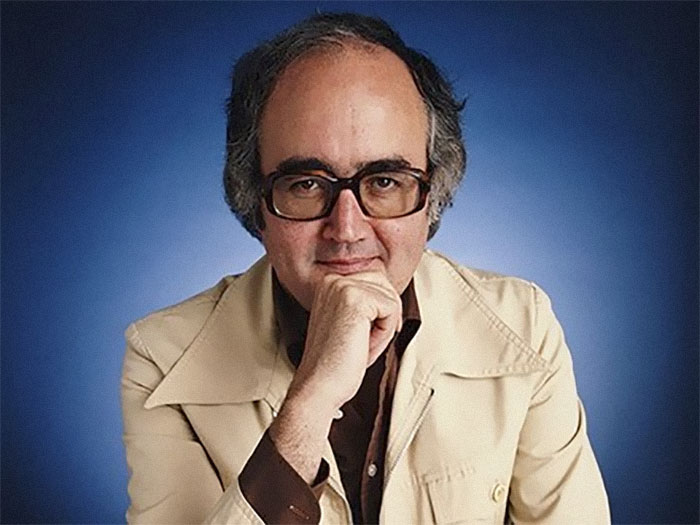
Image credits: theartfulcodger
#14
Duct tape. The Watergate burglars put a piece of duct tape on a lock on a door at the Watergate apartments so the door would not lock shut. The security guard noticed that tape, opened the door and caught the burglars-the rest is history. Brought down an American president and changed history forever
Image credits: kcg5
#15
One of the worst movies ever made directly led to rise of one of the most beloved actors of our generation - and he wasn't even in the film.When Cannon Films bought the rights to the Superman movie series, they really wanted Christopher Reeve to play the part one more time. He reluctantly agreed, but only on condition that Cannon make his pet project, Street Smart, about a reporter who becomes famous after faking a story.
Superman IV, needless to say, was a disaster of legendary proportions, in no small part because Cannon slashed the budget by more than half just before filming started. They did make Street Smart, which got decent reviews but fizzled at the box office.
Critics generally agreed that there was one standout performer in Street Smart, playing a violent, murderous pimp. This actor was best known, if at all, for having been on the kids' show The Electric Company in the seventies, but his performance in Street Smart was a revelation and earned him his first Oscar nomination.
And that's why MORGAN FREEMAN probably wouldn't have a career today if not for Superman IV.
#16
There was a Greek man named Nicholas who sold all he had to help orphans and also preformed many miracles. Nick was a man who loved Jesus. He was very well known and very popular throughout Europe. In the Netherlands they called him ‘Sinterklaas’… a translation of Saint Nicholas.In the 1823 Clement Clark Moore wrote the poem ‘A visit from St. Nicholas’ which later became ’Twas the Night Before Christmas’ after it’s first line. The greedy toy sellers jumped all over this and ‘Santa Claus’ was born.
Everything we do has ripple effects through time.
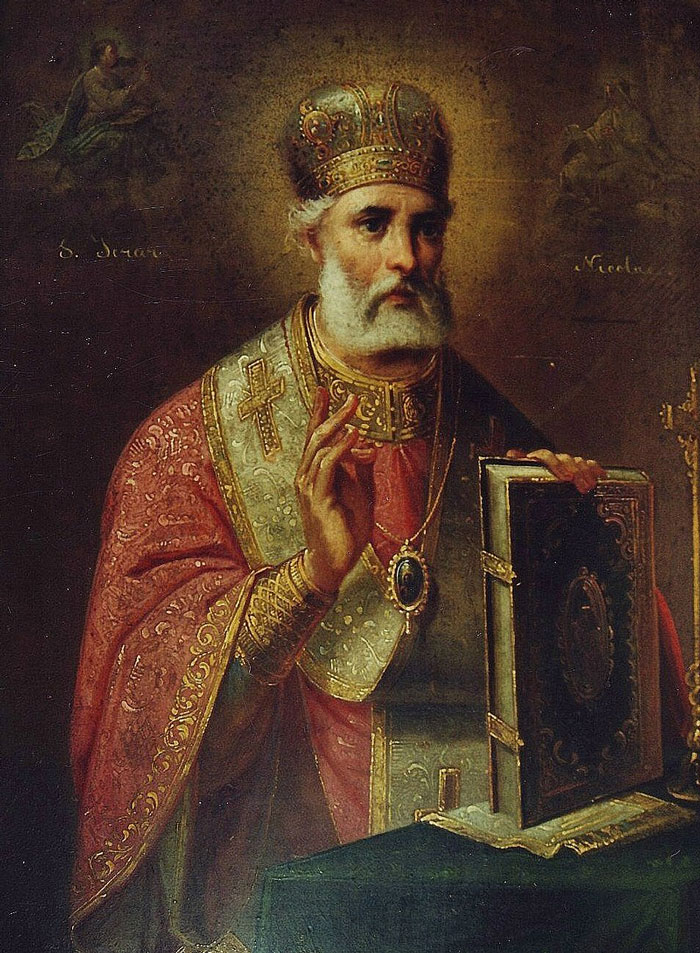
Image credits: Katerina-Bittar
#17
Laki.The biggest volcano in iceland erupted in 1783. This resulted in a year without a summer as the earth was blanketed by sulfur particles in the stratosphere, and poisonous fumes drifting all across europe, killing people and livestock. A perpetual fog and haze was noted in both europe and north america.
This resulted in widespread famine, exacerbating the ongoing social grievances in france, triggering what would come to be called the french revolution. Famine weakened other regions as well, aiding Napoleon's invasion of egypt. The napoleanic wars set europe on the course towards german and itialian unification, setting the stage for WWI. The conclusion of that war made WWII essentially inevitable. Which in turn made the cold war essentially inevitable.
All of modern history was set in motion by a rising plume of magma under a sparsely populated island in the north atlantic.
#18
I hope this counts. The day that Reagan was shot, Russia had been planning to invade Poland. But when he was shot, the Kremlin thought the world would blame them for an assassination attempt to disrupt the US so that Russia could seize Poland, they backed out. Probably saved many lives/averted WWIII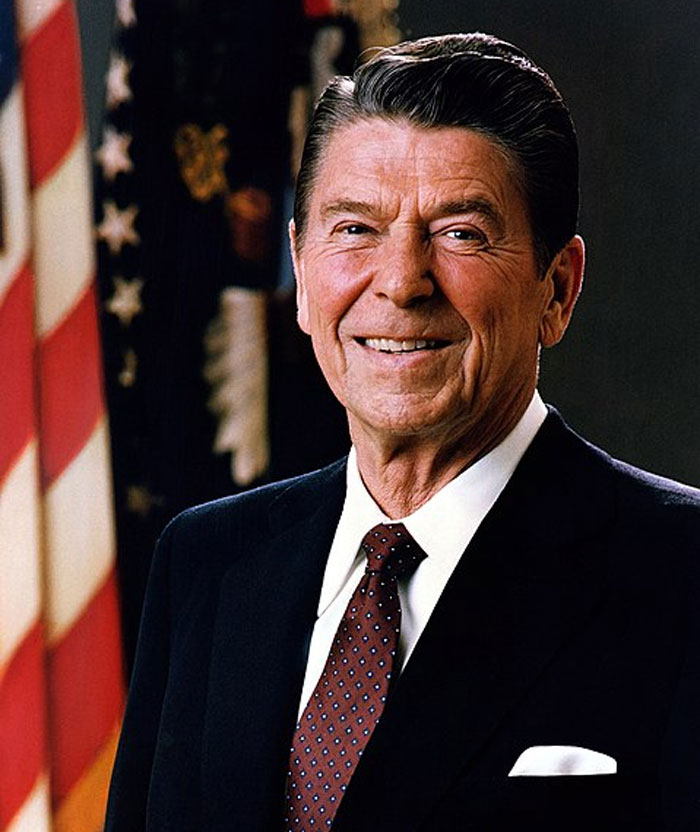
Image credits: lookingeastward
#19
This is going to get buried, but Ron Goldman was murdered because Nicole Brown Simpson's Mom dropped a pair of sunglasses.Nicole and Ron didn't know each other that well. They did not have plans to be together the night someone (OJ) committed the murders. But Nicole and her Mom had lunch at the restaurant where Ron Goldman was a waiter and Nicole's Mom dropped her sunglasses. Ron noticed them after the women had left, contacted Nicole, and she arranged for him to drop off the sunglasses at her house after he got off work. This extra errand put him at Nicole's house when she was murdered and led to him being murdered as well. All because some lady dropped her sunglasses.
#20
the Chinese inventing porcelain.the Chinese were technologically more advanced than Europe pretty much all throughout the time between the fall of the Roman Empire and the Renaissance. but they invented porcelain.
Europe was envious of porcelain and it was something Kings and rich people sought to posses. so naturally a lot of people tried recreating it.
this led to the invention and refining of working glass.
glass is the single most important material basically all modern science is based on, it allows to create lenses.
lenses are used in microscopy leading to us discovering bacteria and basing modern medicine and the effects of longer life spans the ability to treat and eradicate whole diseases that previously were lethal.
lenses are used in astronomy and navigation, which enabled European Nations like England Spain France the Netherlands and Portugal (and a few others like Belgium Italy and later Germany) to spread all over the globe colonizing the planet, securing vast amounts of resources and spreading their culture.
So if the Chinese didn't have porcelain they'd probably would have invented glass, and that a few centuries earlier than Europe, the world would have looked vastly different today.

Image credits: [deleted]
#21
How about Pope Julius II asking Michelangelo to design his tomb?Michelangelo comes up with a massive design involving 40 statues. Julius II sees the design, realizes it would require more than a mere renovation of Old St. Peter’s to accommodate the tomb, decides to raze the old and to erect a totally new St. Peter’s Basilica.
Funding of the new basilica leads to the selling of indulgences, which leads to Martin Luther opposing the selling of indulgences, which leads to the 95 Theses and the start of the Protestant Reformation.
Which leads to numerous wars, displacements of people, migrations, to the New World, et cetera.
#22
I'm not American, nor am I a huge history buff, but I recall reading that the events of the Vietnam war could have been drastically different if JFK had not been assassinated.#23
We exist because an asteroid deviated an inch from it's orbit 4.5 billion years ago.#24
In the last 200 years of the Ran Empire before the split between East and West, there was an invading force coming in from the Middle East and if they were to invade, they would have crushed the Romans. But there was a city-state in the way, it was called Palmyra. The leader at the time, Odenaithus was promised his right to rule over Plamyra by the Invaders if he let them through, and the Roman begged for Palmyra's support. Eventhough the Romans were weaker than the Invaders, Odenaithus decided to help Rome and he ended up saving Rome for 200 more years. And those 200 years were important to the development of our world as it caused the split of the Byzantine Empire and West Rome. Also in that time, Christianity became really popular and would become the dominant religion. If the Invaders had succeeded in their plans, that all wouldn't have happened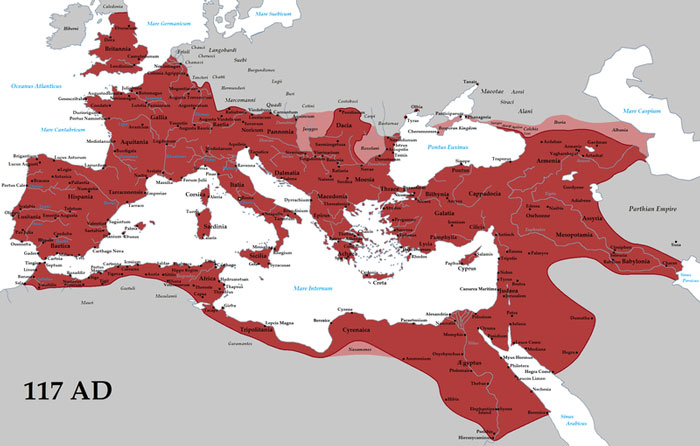
Image credits: Fedora200
#25
The 2016 South Korean political scandal. Ignited from an apprehension of a small crime organization in South Asia, it blew up to multiple organized massive political protests, and ultimately the impeachment of current South Korea president.#26
Back in 4th century Europe, some guy named Constantine was fighting with some other guy for the throne of the Roman Empire. Constantine was fighting another battle with the guy, but this time he was failing, outnumbered, losing. Until, in the beautiful blue sky, came an object which coursed through gracefully and beautifully. A comet. Constantine took this as message of God, and beat back the offender. Then he passed the Edict of Milan. And that's why Christianity is so widespread today.
- You Might Also Like: 40 Witty And Funny Cartoons About Science, Literature, Pop Culture, And Many Other Things By John Atkinson (New Pics)
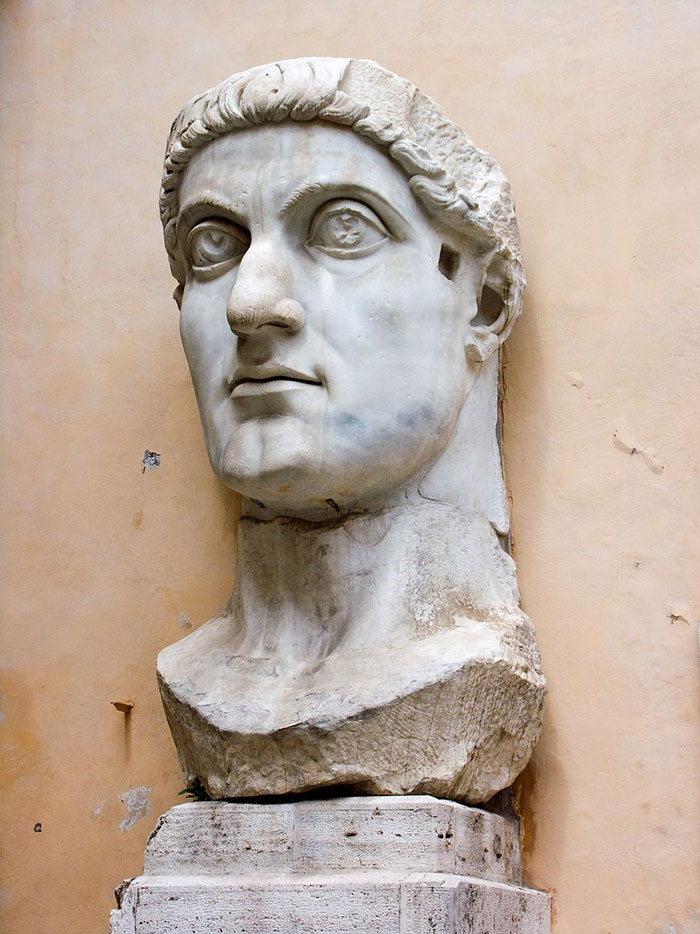
Image credits: Berger Ding












 English (US) ·
English (US) ·